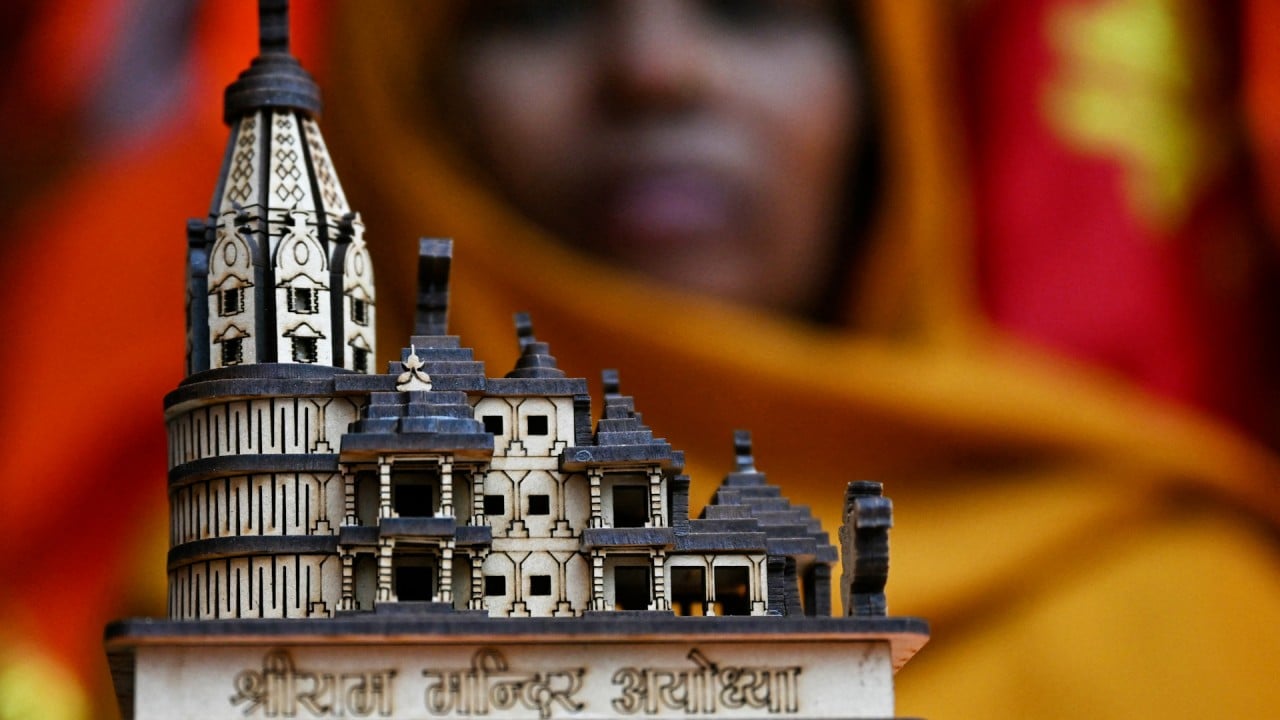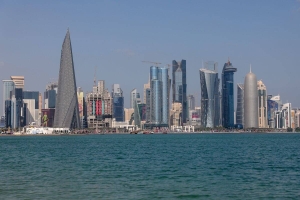After India’s controversial Ayodhya temple opening, Hindu-Muslim divide grows with demolition of New Delhi mosque
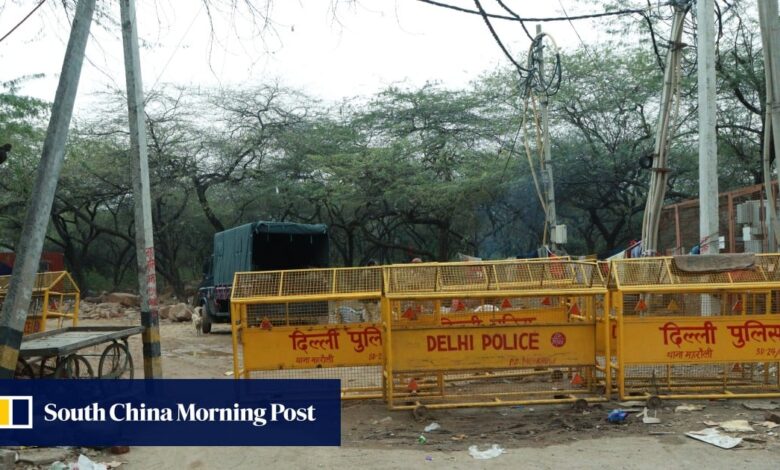
[ad_1]
The mosque and the Bahrul Uloom religious school it housed were bulldozed on January 30 and a graveyard within the mosque’s complex was also destroyed. The demolition of the 13th-century mosque by the Delhi Development Authority (DDA), a group responsible for developing commercial land in Delhi, has since sparked outrage among the Muslim community.
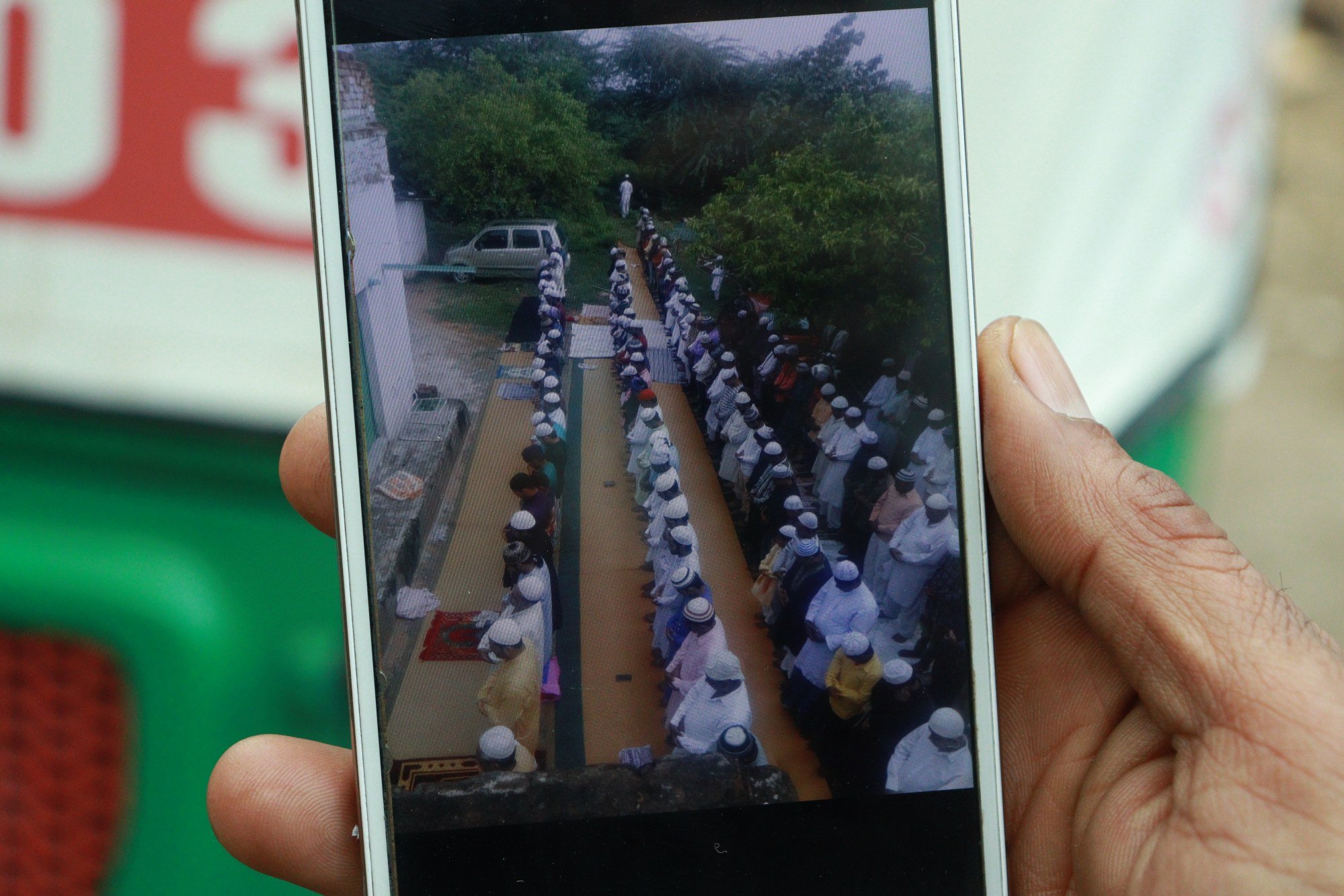
The area is now heavily guarded by the Delhi police, preventing locals and media from accessing the site.
The DDA said the mosque was encroaching on Sanjay Van, a forest reservation just outside Mehrauli, making it an “illegal structure”.
On the morning of January 30, police and DDA officials showed up at the mosque with bulldozers, prompting its priest Zakir Hussain, 45, to ask to see the demolition order, but “they kept ignoring it and dragged me [away]”.
Hussain’s phone was confiscated by the police, and he and school children were prohibited from leaving the site until both structures were demolished. A graveyard near the mosque was also destroyed.
“I felt helpless and wanted to end my life when I saw a bulldozer demolishing the masjid,” he said.
Law in question
Political scientists and rights activists have accused Prime Minister Narendra Modi and his ruling Bharatiya Janata Party (BJP) of advancing a pro-Hindu agenda and encouraging discrimination against Muslims since taking power in 2014.
Modi led the inauguration of a Hindu temple at the controversial site of a razed mosque in the northern town of Ayodhya last month, an event that analysts say signified the start of election campaigning for his party while fulfilling a long-standing promise to its Hindu support base.
India passed the Places of Worship Act in 1991 to freeze the status of religious places of worship as they existed on India’s Independence Day on August 15, 1947, and to prohibit the conversion of any place of worship.
But the act included an explicit exception when it came to the construction of a temple on the disputed site in Ayodhya.
Is India’s new law for common civil code fanning Hindu-Muslim divide?
Is India’s new law for common civil code fanning Hindu-Muslim divide?
India’s Supreme Court in 2019 ruled that disputed land in Ayodhya be handed over to a trust to build the temple. But the court also made it clear that its judgment should not act as precedent to justify communal mobilisations against places of worship of other faiths, and lauded the Places of Worship Act as a legislative instrument to protect the secular features of the Indian polity, which is one of the basic features of the country’s constitution.
Nilanjan Mukhopadhyay, an author and political analyst, told This Week in Asia that current events starkly contradicted the 2019 Supreme Court verdict.
“That judgment, which underscored the Places of Worship Act as an integral component of the Indian Constitution’s basic structure, now seems disregarded,” he said.
Is India targeting Muslims with committee to address population growth?
Is India targeting Muslims with committee to address population growth?
For Mukhopadhyay, the current situation is seemingly driven by the BJP’s goal of polarising communities and diverting attention from more pressing socio-economic concerns.
“I firmly attribute responsibility to the ruling party for orchestrating this narrative post-judgment. Despite claims of encroachment, it’s evident that the political leadership’s actions shaped these events.”
“By rewarding those who demolish mosques without due process, they have set a dangerous precedent,” he said, adding that the underlying issue lies deep within the fabric of Indian society, and that the ruling party and government leadership should bear the brunt of responsibility.
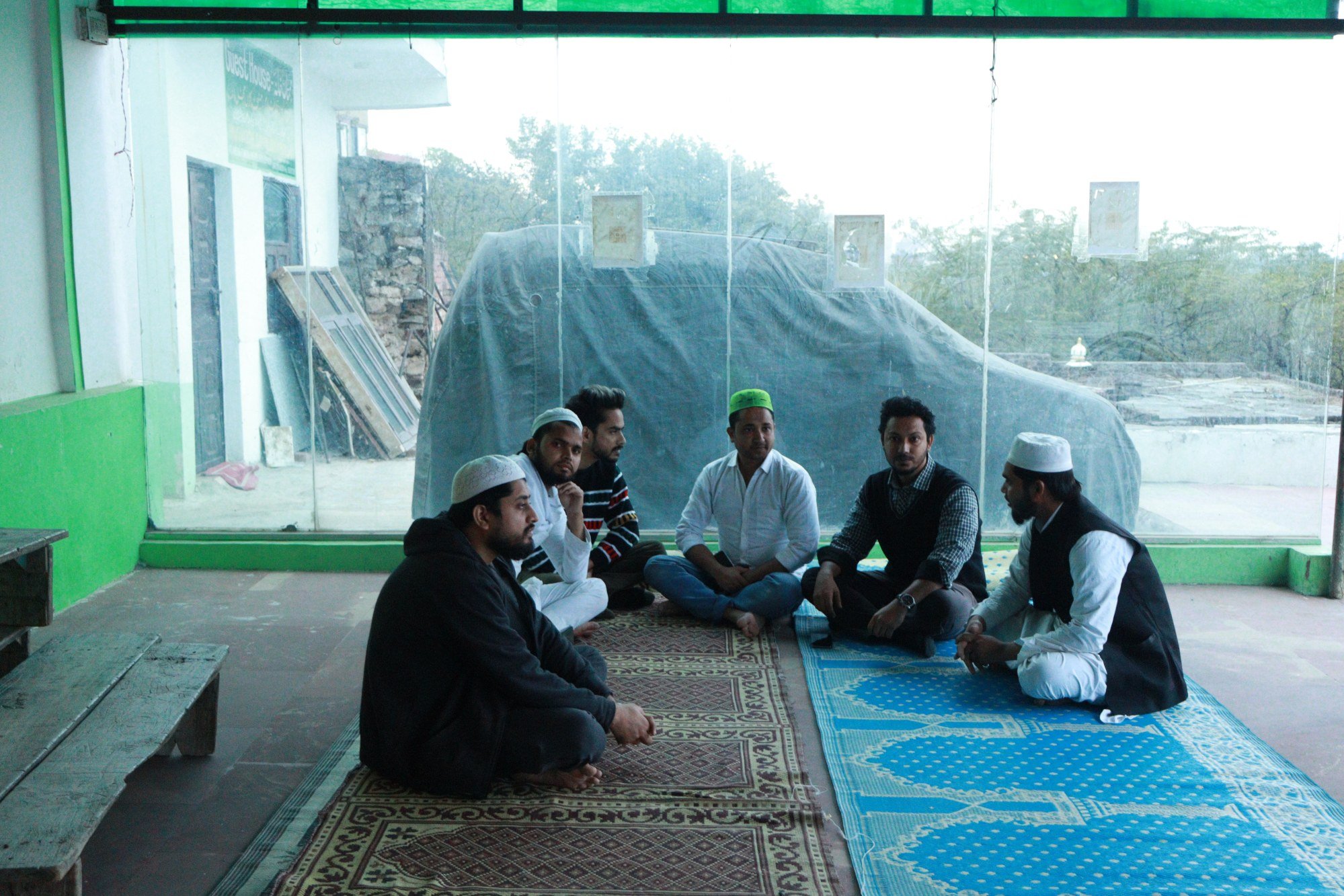
Since the demolition, the Muslim community in Mehrauli community has been holding meetings and seeking suggestions on legal recourse to reclaim the land for the mosque.
“We won’t allow all our mosques to be taken from us like this; they have taken everything from us, and we will fight for our rights,” Ahmad said.
Locals say the Akhoondji mosque – located some 500 metres (1,600 feet) from Unesco World Heritage site the Qutub Minar minaret – is between 600 and 700 years old. Despite the mosque’s historical significance, it was never officially recognised as a heritage building.
The mosque was restored in 1853, with its pillars crafted from grey stone sourced from the Aravali hills in Delhi, heritage activist and historian Sohail Hashimi said.
“[Mehrauli] is a living chronicle of Indian history, with continuous habitation for over 1,200 years,” he told This Week in Asia. “It cannot be called encroachment. It existed, and then the area was declared a reserve forest,” he said.
Fate of other mosques
Muslims such as Hussain and Ahmad fear that the BJP and even the judiciary and police are signalling that more mosques will soon meet fates similar to Akhoondji.
“Our attempts at safeguarding our mosques are failing. Such situations for Muslims are getting worse each passing day and I don’t think this will stop in the future,” Hussain said.
In India, Modi’s party stirs up Hindu nationalism with temple at disputed site
In India, Modi’s party stirs up Hindu nationalism with temple at disputed site
Delhi-based lawyer Anas Tanwir highlighted the ramifications of the Ayodhya temple ruling and had observed that the ruling had emboldened those who believed the narrative that every mosque is erected upon the remains of a temple.
“Now, this emboldening has happened through the court and also through the state, making it increasingly challenging for anyone to stop it or challenge this trend,” Tanwir warned.
Recent court rulings had also weakened the Places of Worship Act, he said. A ruling last month allowed Hindus to offer prayers at Gyanvapi mosque in the holy city of Varanasi, after Hindu groups claimed it was built over a razed temple.
Tanwir warned that such precedents could eventually lead the government to “amend or repeal the statute altogether”.
“India’s cultural legacy is not solely Hindu; it is a tapestry of diverse traditions. The erosion of our secular values represents a significant threat to our cultural and constitutional integrity,” he said.
In Mehrauli, Tabreez had sought solace in visiting his mother’s grave near the Akhondji mosque. Once nestled amid serene forests, far from the city, the mosque now lies buried under debris.
“I will mourn both losses – the passing of my mother and the demolition of the mosque – with equal heaviness,” he said.
[ad_2]
Source link


